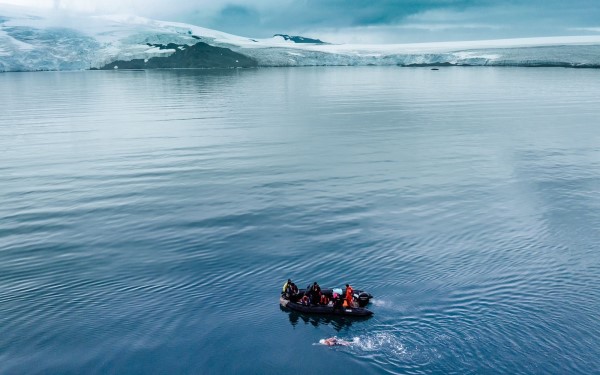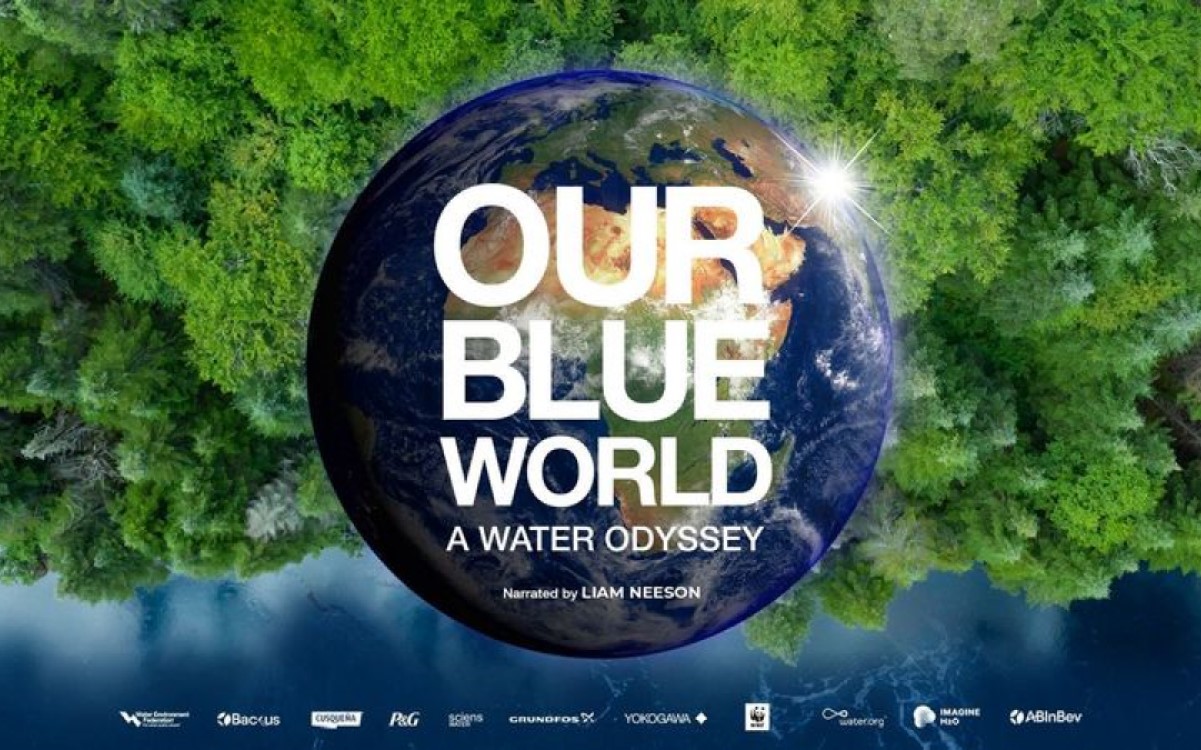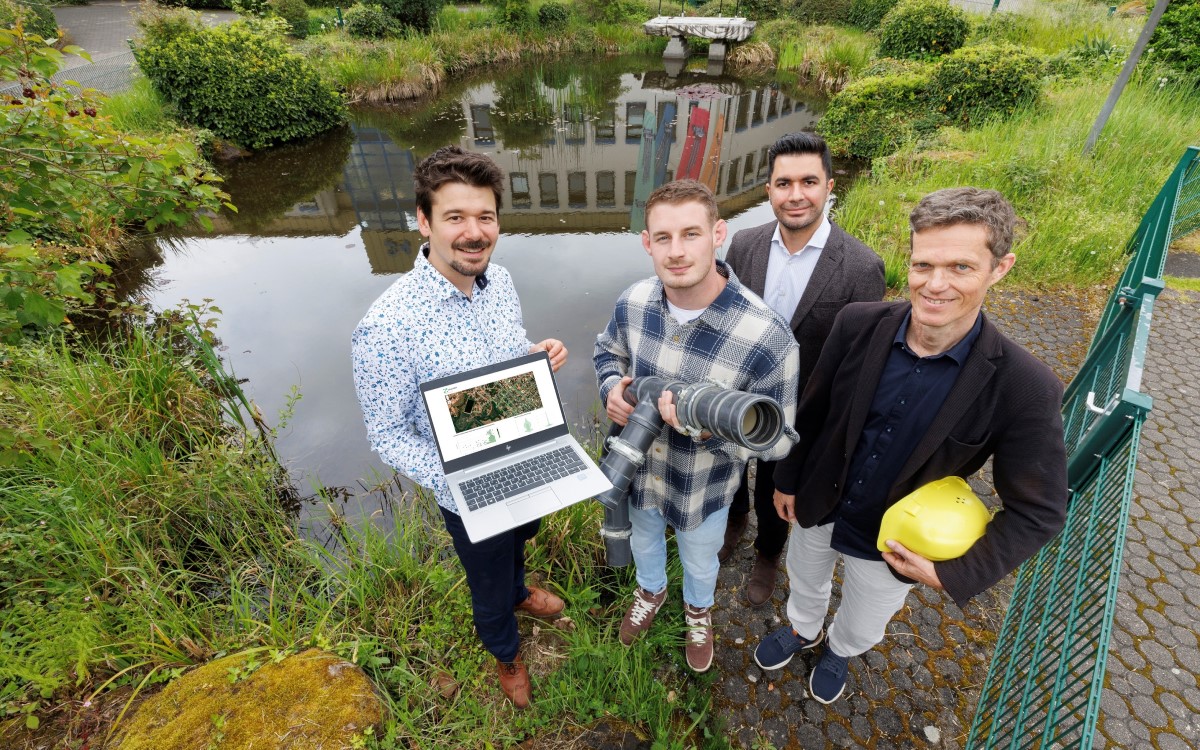Februars 7, 2023 | The Chilean ice-water swimmer, Bárbara Hernández, made history by being the first person to swim 2.5 kilometers in the frozen waters of Antarctica.
Hernández, an experienced open water swimmer with previous world records including the Guinness World Record for completing the fastest ocean mile swim through the Drake Passage in southern Chile, is currently onboard a Chilean Navy ship in Antarctica to raise awareness for the need to protect its waters. As a member of the Antarctica2020 group of leaders calling for greater marine protection in the region and working closely with the Antarctic and Southern Ocean Coalition, she has been supporting the call to world leaders to act to ensure the conservation of the ocean and the continent at a meeting that will be happening in Santiago, Chile in June.
In just a simple swimsuit, in temperatures of 2.2 celsius, with no protective clothing or grease, Barbara made the 45 minutes and 50 second swim, pushing through the icy waves in Chile Bay, Greenwich Island in the Antarctic Peninsula.
“I’m so happy and so relieved that it all went well today. Swimming in Antarctica has been a dream I’ve had for years, and part of my longtime ambition to swim in parts of all seven of the world’s oceans. Physically it has been incredibly tough, but all worth it if the message on the need for urgent action to protect these amazing waters reaches decision-makers”, said Bárbara Hernández.
Marine protection proposals are up for agreement for years
Currently three large-scale marine protection proposals are on the table within the international body responsible for conserving Antarctica’s waters – the Commission for the Conservation of Antarctic Marine Living Resources (CCAMLR) – in the East Antarctic, Weddell Sea and the Antarctic Peninsula, the same place where Hernández undertook her extreme swimming challenge. These proposals, collectively covering almost 4 million square kilometers (1% of the global ocean), have been up for agreement for years, but geopolitics have hampered progress, with China and Russia yet to come onboard. To help move through this impasse, a special CCAMLR meeting dedicated to MPAs has been called from 19-23 June in Santiago, Chile.
“The courage that Bárbara has shown in undertaking this swim in the name of Antarctic ocean protection is truly inspirational. That someone put her life on the line to get greater awareness of the problems in the region, shows the urgency of the issue. We hope that leaders take notice and show political courage at the CCAMLR meeting in June to secure protection of these three large areas” said Claire Christian, Executive Director of the Antarctic and Southern Ocean Coalition.
Antarctica is under increasing pressure
Antarctica and its surrounding ocean and wildlife that live there are coming under increasing pressure from the climate crisis. This is further compounded by concentrated fishing in the area for krill, which is competing with the food sources for much of Antarctica’s wildlife, such as whales, penguins and seals that rely on krill for survival. Science has shown that marine protected areas are a key tool to help build resilience for ocean habitats and wildlife to adapt to the increasing changes in the region.
“It has been 10 years since CCAMLR members agreed to have a network of Southern Ocean MPAs in place. In that time, we have seen climate change take its toll on the biodiversity of the region, and more concentrated fishing for krill–the very heart of the ecosystem. At the same time, countries have pledged to protect 30% of the global ocean by 2030, including last month with the adoption of the new Global Biodiversity Framework. This special CCAMLR meeting in Santiago offers a unique opportunity for leaders to show that they are serious about putting their commitments into action by designating these three large MPAs,” said Andrea Kavanagh, director of the Pew Bertarelli Ocean Legacy Project’s Antarctic and Southern Ocean work.
The Chilean government and Navy have been strong supporters of this initiative. Chile together with Argentina are also co-proponents of the marine protection proposal in the Antarctic Peninsula.
“In the years that I have been working with the Chilean Navy and visiting Antarctica, I have seen a big change in the region. These changes are accelerating and I am sad that the Antarctica I remember from previous years will be gone forever. That is why we have been honoured as the Chilean Navy to support Bárbara with her swim and awareness-raising mission. My hope is that action does not come too late.” Said Captain Lars Christiansen Pescio, Head of the Antarctic Division, Chilean Navy.







